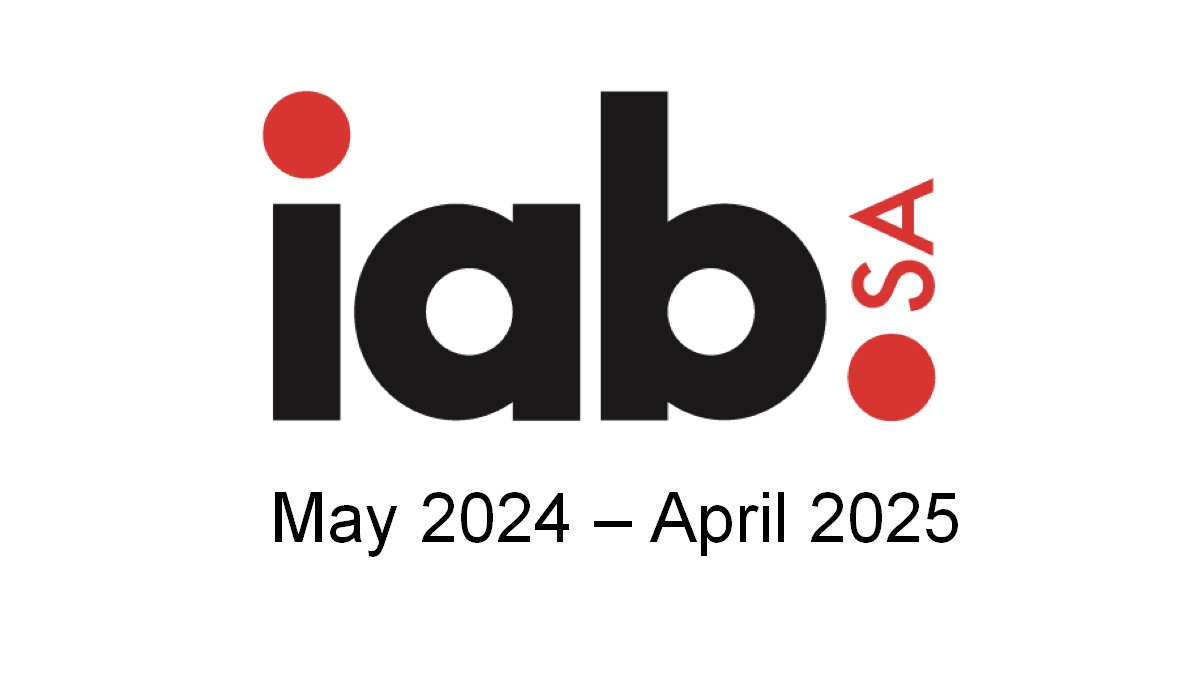The decision by the three Tongaat Hulett business rescue practitioners (BRPs) in late February to halt payments to a vast array of sugar stake-holders has placed them at war with the wider community of the sugar industry.
This follows the failure of the BRPs to fulfil Tongaat’s payment obligations of up to R1.4-billion to the South African Sugar Association (Sasa), including 1 125 large-scale commercial sugarcane farmers and 20 700 small-scale sugarcane farmers, most of whom are black. The sugar industry estimates that 1-million people rely on it for their livelihood.
“To temporarily insulate Tongaat Hulett from onerous obligations that would prevent it from being rescued, on 24 February 2023, the BRPs determined to suspend all the Tongaat Hulett’s payment obligations arising under the Sugar Industry Agreement (SIA) for the duration of the business rescue proceedings in terms of section 136(2) of the Companies Act,” Tongaat BRP Petrus van den Steen said in court papers dated April 26 and filed with the Durban High Court.
The SIA is a revenue-sharing agreement between all the sugar industry participants.
“Whilst this is good for the sustainability of the industry as a whole, Tongaat is disadvantaged by this arrangement,” the BRPs wrote.
The fact that the BRP court papers include over 23 000 sugar industry respondents reflects the widespread impact of the BRPs’ decision. The respondents included Sasa, Minister of Trade, Industry and Competition Ebrahim Patel, the South African Millers’ Association, the South African Growers’ Association, the South African Farmers’ Development Association, RCL Foods Sugar & Milling and the Illovo Sugar.
Tongaat, RCL and Illovo are South Africa’s three major sugar milling companies. The move to suspend the SIA payment obligations followed a letter of demand issued by Sasa on February 23 for Tongaat to pay R176-million.
The BRPs want the court to rule that Tongaat could temporarily halt its SIA payments while under business rescue. The BRPs said Tongaat, which employs 2 500 workers, and went into business rescue in October last year, is in financial distress.
“A substantial proportion of Tongaat’s debt – currently R1.4-billion – is owed to [Sasa], having arisen under the SIA of which R1-billion has become due during the business rescue proceedings,” the BRPs said. The BRPs believe the Companies Act contemplates obligations arising under an agreement, to which the company was a party at the commencement of the business rescue proceedings, may be suspended by the BRPs.
“It is clear from the definition of ‘agreement’, as read together with section 136(2)(a) of the Companies Act, that the legislature must have intended to empower a BRP to suspend any obligation that, if not otherwise, suspended, would make it impossible to rescue the company.”
Tongaat and the BRPs have assumed that the SIA obligations are contractual, and they can suspend them during business rescue proceedings.
However, all other major sugar industry players have opposed this stance. In response, RCL first made a submission to the Sugar Industry Appeals Tribunal regarding Tongaat on March 30.
Illovo Sugar, on April 3, indicated its support for the RCL’s proceedings. RCL have submitted that a proper interpretation of the SIA was that it was legally binding, and the BRPs could not unilaterally suspend it. In her tribunal submission, RCL managing director Michela Cutts wrote that as of November 2020, annual South African sugar production had declined by nearly 25% over 20 years, and the number of sugar cane farmers had fallen by 60% with sugar industry-related jobs reduced by 45%.
“The financial sustainability of the industry has never been more pressing, and this matter arises in this context.
“The South African Cane Growers’ Association estimates that the sugar industry may lose over R723-million in 2023 as a result of rolling blackouts,” she added. RCL believes that if the sugar industry is to avoid a total collapse, the sector must enforce the SIA urgently.
“Tongaat’s default has also resulted in a drop of the [sugarcane] price with catastrophic effects for growers, particularly small-scale growers. Small-scale growers now face the real risk of… exiting the industry.
“The BRPs have no power or right to interfere with a statutory obligation. The Companies Act does not permit Tongaat to be granted statutory exemptions by dint of a business rescue plan,” Cutts said.
However, the Tongaat BRPs have accused the RCL of having instituted a “fatally defective” tribunal proceedings.
“RCL’s application contravenes section 133 of the Companies Act and is incompetent and impermissible. “[The BRPs] therefore seek an order striking RCL Foods’ application, alternatively permanently staying RCL’s application,” the BRPs added.
For more business news from Sunday World, click here.
Follow @SundayWorldZA on Twitter and @sundayworldza on Instagram, or like our Facebook Page, Sunday World, by clicking here for the latest breaking news in South Africa.




